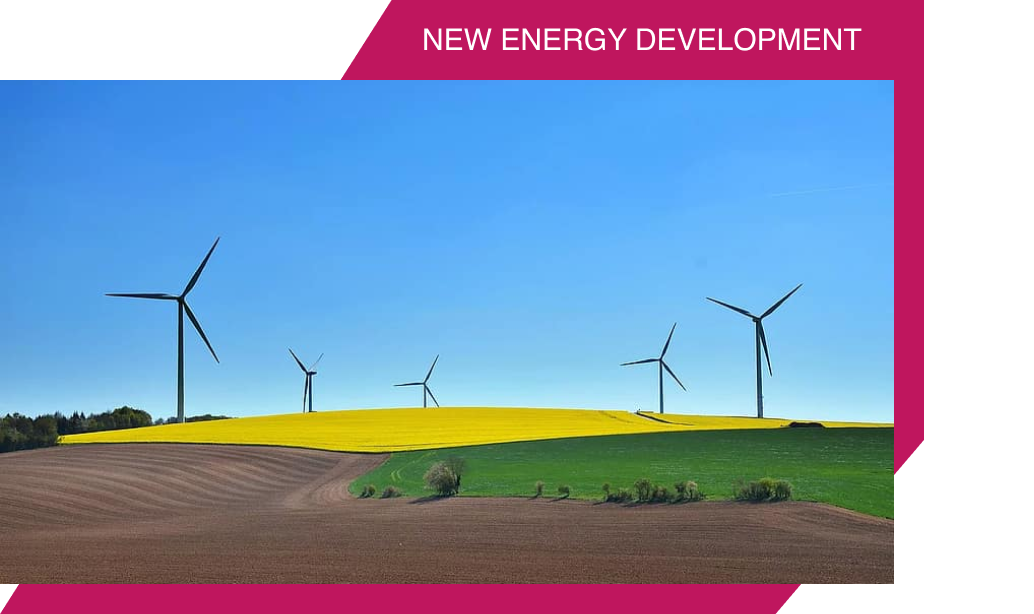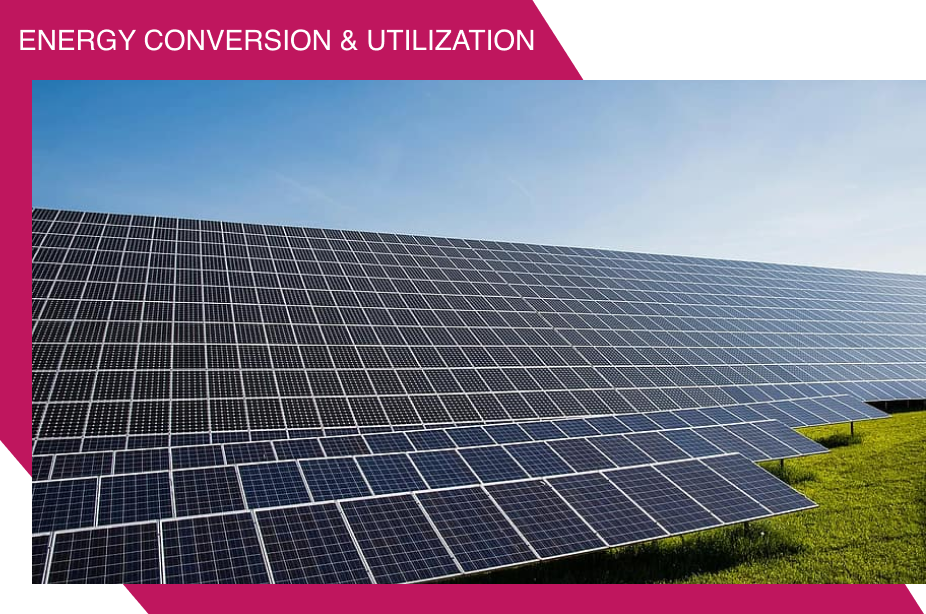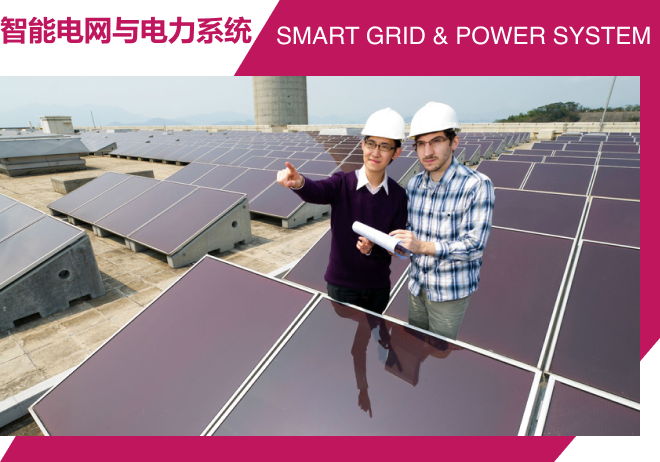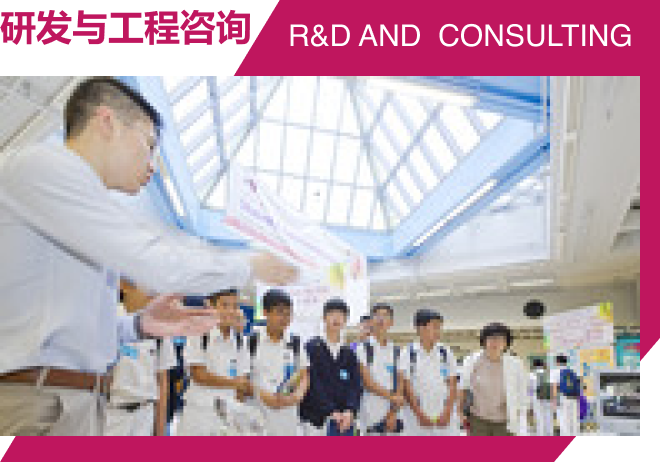
Energy Science and Engineering
能源与动力工程
This major is designed to cultivate a new generation of intellectuals and graduates equipped to tackle complex challenges such as the energy crisis, renewable energy adoption, global warming, climate change, and pollution. By transcending the limitations of traditional academic disciplines, this holistic educational approach is essential for addressing future energy security and environmental concerns on both local and global scales.

Employment prospects
The employment prospects for the Energy and Power Engineering major are relatively optimistic. Students in this major acquire knowledge and skills in areas such as energy conversion, power system design, refrigeration, and heating. This allows them to find suitable job positions in various fields.

Energy conversion and utilization
Graduates can focus on the efficient conversion and utilization of energy in the fields of thermal power generation, air conditioning and refrigeration, and internal combustion engines. They may be involved in projects that improve energy system performance and reduce energy consumption and environmental pollution.
New energy development
Job opportunities in the new energy field include the research and development and application of renewable energy technologies such as solar energy, wind energy, and tidal energy. Graduates can work in new energy companies or research institutions to promote the development of clean energy projects.


Graduates can enter energy companies or government departments and be responsible for the production, distribution and management of energy. They may be involved in the planning of energy projects, the improvement of energy efficiency and the optimization of energy systems.

In the field of smart grids and power systems, graduates can apply the knowledge they have learned to design, construct, operate and maintain power grids to ensure the stability and efficiency of power supply. They may also be involved in developing advanced power technologies and management strategies to adapt to changing energy needs.

In the field of R&D and engineering consulting, graduates can join the R&D departments of scientific research institutions, engineering consulting companies or large enterprises to engage in energy engineering-related research and development and technical consulting work. They may be involved in researching new technologies, improving existing technologies, or providing specialized engineering solutions.
Sector rankings
ShanghaiRanking's Global Ranking of Academic Subjects (2023)
U.S. News and World Report Global University Rankings (2023)





